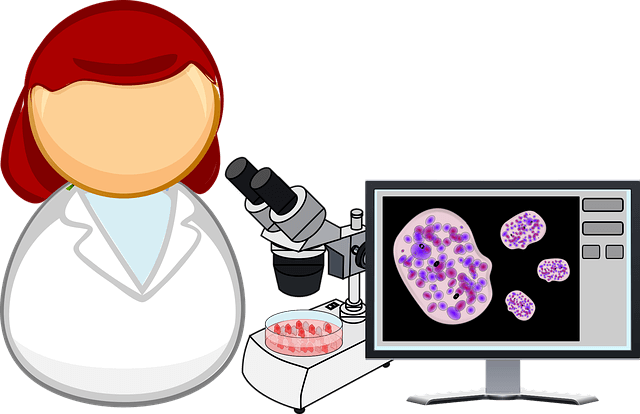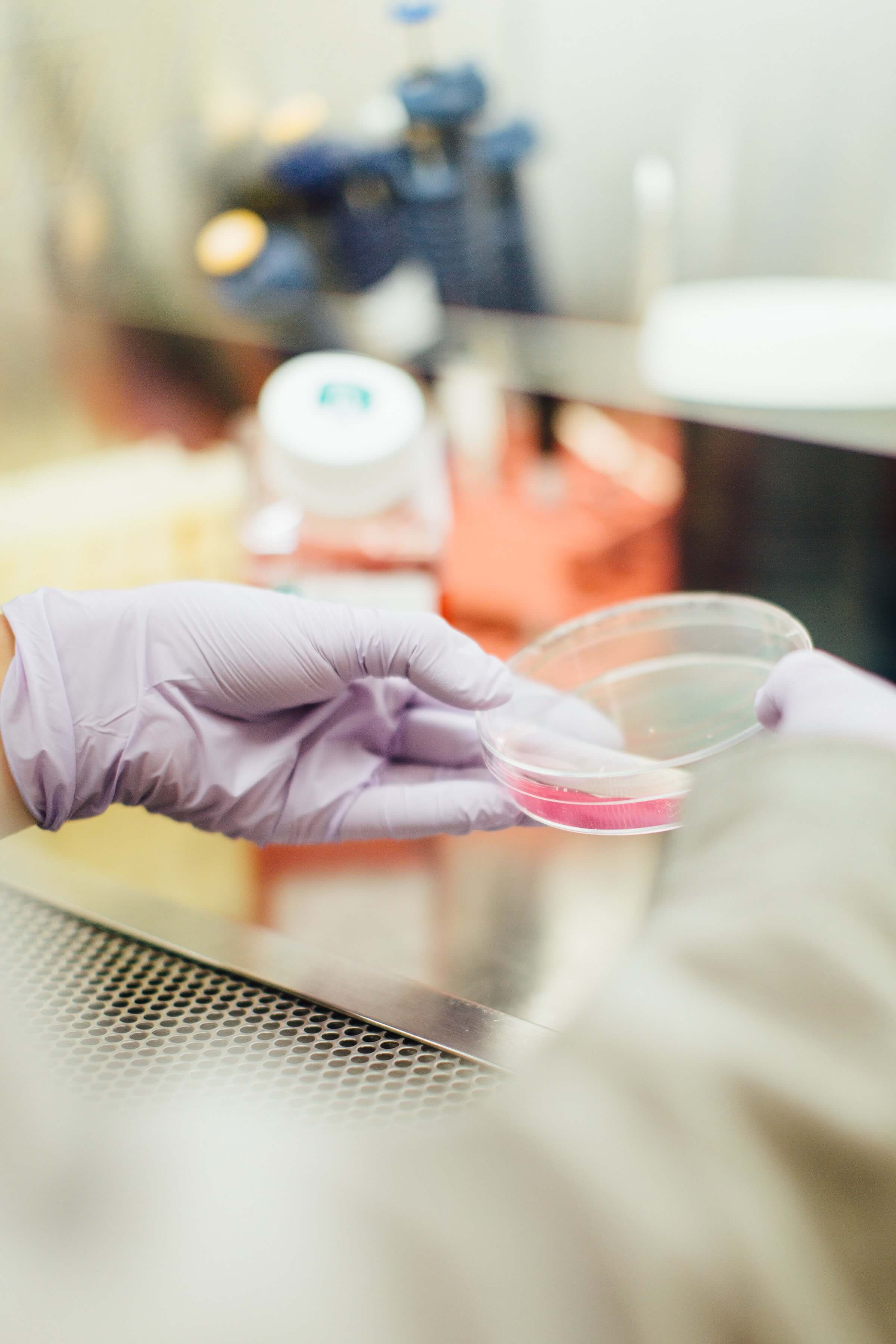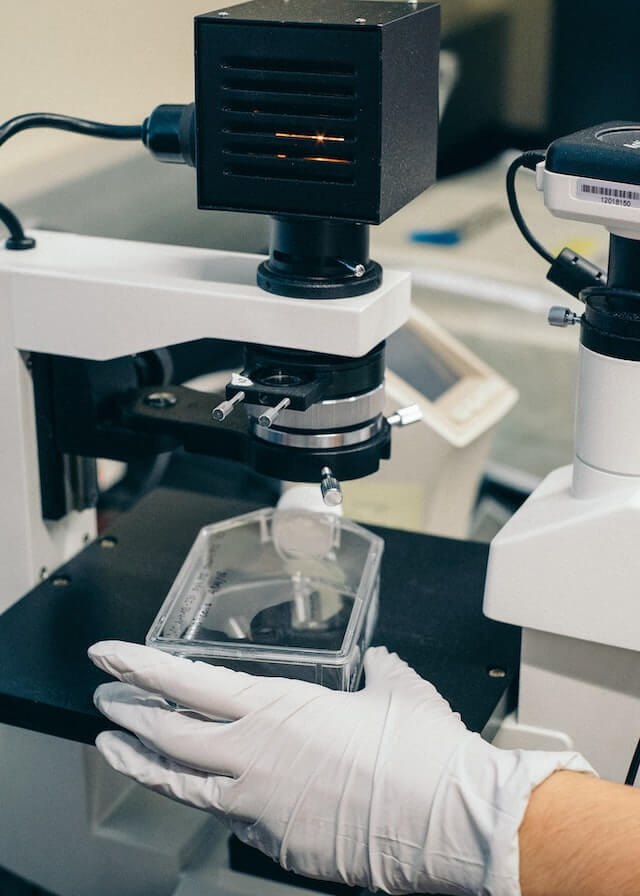Vegan and researcher? Alternatives to replace fCS
If you are a vegan researcher or simply care about the well-being of animals, you very well know that fetal calf serum (FCS) - or fetal bovine serum (FBS) - is needed to grow cells in the laboratory.
As an easy comparison, using FCS in the lab is like being vegetarian, but not vegan.
Bottles and bottles are used weekly, and your heart slows down a bit every time you open a new bottle…
You keep thinking about the animals that are being used for this practice every day, and whether you, as a worried and ethical scientist, can do anything about it.
Lucky for you, you are not the only one.
Many companies are nowadays trying to deal with this issue and investigating ways to replace FCS without the need for animal abuse.

What is fetal calf serum (FCS)?
For those not familiar with science, FCS is a component used in the growth medium of cells in the laboratory.
FCS is the source of essential proteins, vitamins, hormones, and growth factors that are needed to help grow and replicate cells.
Fetal calf serum: animal-free but not cruelty-free
FCS comes from unborn calves. Their blood is spined down in a centrifuge, and the remaining liquid (serum) is FCS.
FCS is used in scientific studies to grow cells in culture dishes or trays. FCS has many growth factors that would be used by the calf to grow into an adult and, in the same way, is used by the cells to be alive and proliferate.
Although there are available serums from other animals (horse, rabbit, goat, pig), calf serum is mostly used in science because it contains the most growth substances and can be used for different types of cells.
In 2002, it was estimated that between 1 and 2 million unborn calves were used per year to produce FCS worldwide. Since then, demand has increased even further.1

The use of fetal calf serum: ethical or scientific issue?
In addition to animal suffering,2 there are other reasons why researchers might want to replace FCS:
- Each batch is different: the amount of the different growth factors vary, and this can affect cell growth (and the experiments’ results). Moreover, some FCS batches have toxic factors for the cells. Each batch needs to be tested before use.3, 4
- FCS can contain signaling molecules that activate cultured immune cells (which is something you don’t want and again can alter the results)5
- Corruption: because of the high demand, manufacturers sometimes dilute it with adult bovine serum, water, and other substances (against the rules)6
- FCS can be infected by bovine bacteria, viruses, fungi, etc
- FCS is getting more and more expensive each year, often making this the most expensive ingredient in the cell culture media7
What can researchers use instead of FCS?
Even though there are thousands of different molecules in FCS and we don’t know exactly how it works, science has advanced greatly.
1. Serum-free defined media
Currently, most alternatives involve the use of an artificial liquid media (called defined media) where you can grow cells.
The main drawback of using artificial cell culture media is that each cell type requires a different media (contrary to FCS, which can be used for all cell types).
Researchers at Utrecht University (the Netherlands) have created a database that includes all alternatives to FCS based on the cell type. This database includes both commercially available serum-free media and media formulations used in literature.
2. Human platelet lysates (HPLs)
Whenever no defined medium is available for a specific cell type, human platelet lysates could be considered as a supplement, especially when working with human cells. This can be especially important for culturing bone marrow mesenchymal stem cells, regenerative medicine, and immune cell therapies.
HPLs are produced from expired donated human blood, contain many growth factors, and seem to have universal applications. However, human platelet lysates also are biological products, so they can differ from batch to batch.8

Innovative companies that aim to replace or reduce FCS use
Biftek is working on bacteria-based growth serum alternatives to growing muscle stem cells.
Their product will not completely remove the need for FCS, but will massively reduce the amounts of FCS that are added to the cell growth media.
Their formulation (Lyophilized Biftek Growth Medium Supplement) is based on using postbiotics (by-products obtained from beneficial microbes) to enhance the efficiency of proteins found in FCS. This way, they aim to reduce the price of cell growth medium and to reduce FCS usage.
NouBio company is already selling an animal-free FCS with 300 serum proteins to replace FCS completely. This product is GRAS certified (recognized as safe by the FDA). This serum can be used for cultivated meat processes, vaccine development, multiple cellular biomanufacturing, and regenerative medicine. The company claims that this plant-based FCS can drop production costs by 95%.
Future Field research involves the use of a common fruit fly (Drosophila melanogaster) to produce growth factors in a cheaper way.
For some cell types, the use of serum-free media requires adding specific growth factors. These can be obtained directly from FCS or produced recombinantly in the laboratory.
One example is the growth factor FGF2, which is widely used for growing all cell types. FGF2 can cost a lot when taken from FCS. However, its recombinant production in Drosophila brings down the cost immensely.
Mosa Meat company launched the first-ever cultivated beef burger in 2013, and in 2019, the start-up stopped using FCS for growing their cells via the replacement with their patented formulation, which also lowered the process costs by 80%.
Eat Just company is making plant-based chicken that does not use FCS.
What can you do as a researcher?
- If you are starting a new project, look into this database to find out whether there is a serum-free media already available for your cell type.
- If you already have a project, you likely want to continue with your current setup, as changing might alter your experiment results. However, if you like to contribute to this cause, you can make a side-by-side comparison of FCS vs FCS-free medium in your experiments and publish it.
- Spread the word to your fellow researchers so that other people are aware of the alternatives and have them in mind for future research.
Final thoughts
Fetal calf serum (FCS) is an important component of the cell growth media in every research lab.
The main concerns, other than animal welfare, include the variability between batches (which can affect the replicability of the experiments) and the risk of microbial contamination (each batch needs to be rigorously tested).
Currently, many serum-free defined media alternatives are developed but are cell-type specific. We need more alternatives and more research to validate them.
FCS alternatives are gaining a lot of momentum, not only for replacing FCS in overall cell-based research, but also in the production of cultured meat (link to website), and vaccine development.